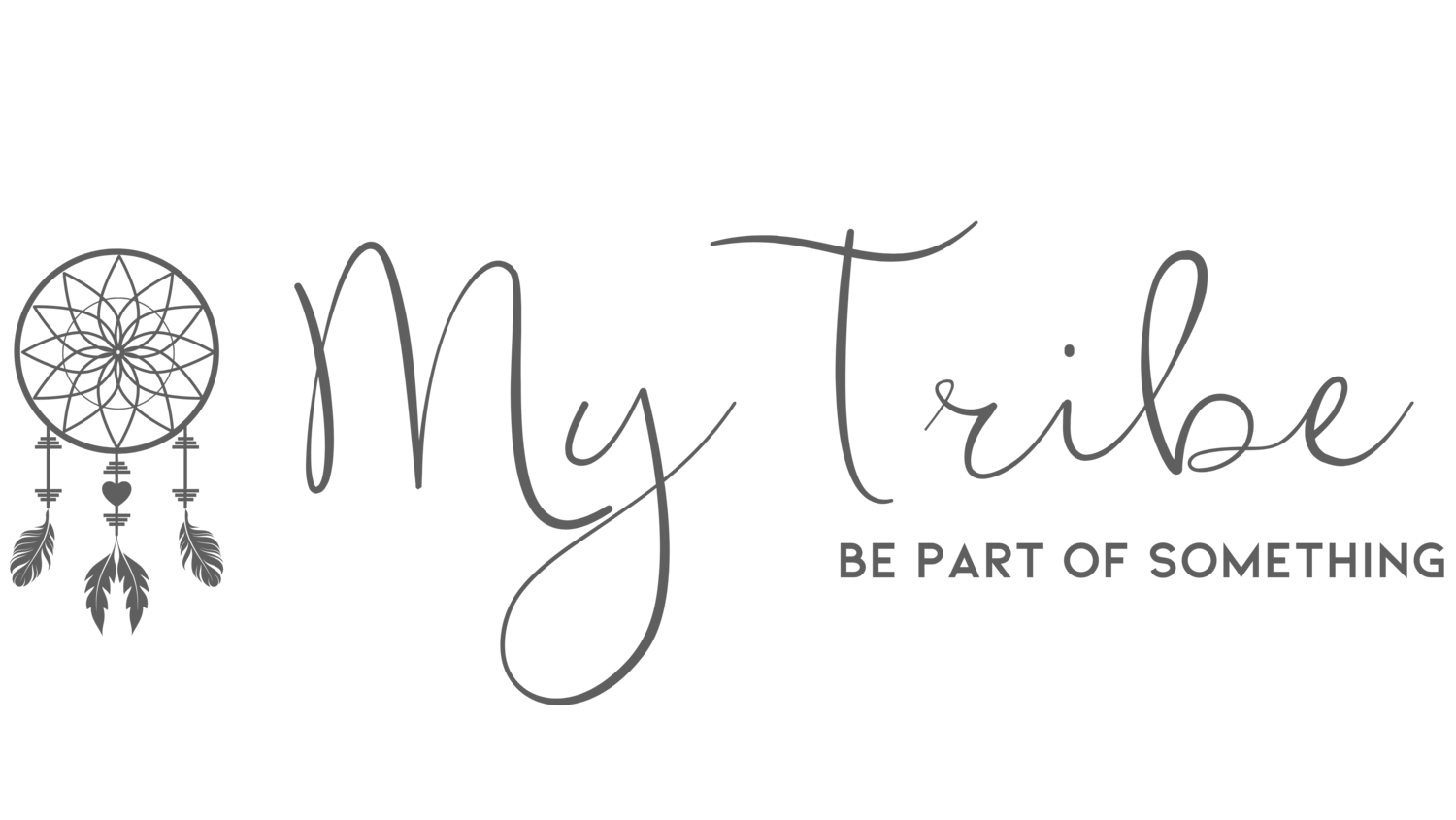Are you eating enough protein?
Protein’s role in nutrition and health cannot be over emphasized. Protein foods are nutritionally essential because they consist of a foundation of amino acids, which the body needs in order to make its own proteins (like muscle tissue and enzymes) and nitrogen-containing molecules (like creatine and urea) that make life possible. Each type of protein in the body is unique in the types of amino acids it contains; as such, it’s important to consume a variety of proteins to supply a wide range of amino acids for optimal body protein production and repair.
Protein is also the key nutrient supporting healthy muscle. Strong and functional muscles = quality of movement. This makes protein crucial for balanced metabolism, increased longevity and quality of life.
Key benefits of protein consumption;
Helps muscles to recover from exercise - less aches!
Helps to prevent a decline in muscle strength and function due to age (sarcopenia) - did you know this starts to happen from your early 30s! Strength training and sufficient protein can help to prevent this
Helps keep you fuller for longer - absolutely key to get you though the day without feeling deprived or starving.
Helps to balance blood sugar, increasing energy
Can positively impact sleep. And we all need more of that!
How much should you aiming to eat?
The current Recommended Daily Amount (RDA) is just 0.8g of protein per kilo of body weight. However this is the MINIMUM necessary to meet your basic nutritional requirements. The bare minimum protein required for normal human function is not the same as the amount of protein that is optimal for your health and metabolism. These guidelines haven't changed in over 40 years and there is a growing body of evidence that they are far too low, particularly for women. 1.5-2g protein per kilo of body weight is generally considered a more realistic target.
How to meet my protein goal?
try to eat protein at every meal and snack
add in beans, seed, nuts etc to salads, soups and stews
consider adding a protein powder to smoothies, yoghurt or oats
keep houmous, sliced chicken and greek yoghurt in the fridge for quick and easy protein snacks
A word of note on plant based proteins
1.Many plant-based sources of protein are high in fats (e.g. nuts) that might put you over your caloric needs for the day
2. Compared to animal based proteins, their low protein content can actually be quite low meaning you have to eat high quantities to meet your goal protein requirements
Overall, if you eat a variety of protein sources from both animal and plant sources, you will get a wide array of essential and non essential amino acids that allow your body function and grow, repair, and rebuild.
Example meal plan for one day to give you an idea of how this can work:
Breakfast:
2 scrambled eggs, slow roasted cherry tomatoes with a slice of toasted wholegrain rye
bread 16g
Snack:
2 tbsp natural peanut butter with an apple or banana 8g
Lunch:
Butter Bean and Tuna Salad: 1⁄2 can, rinsed, butter beans, with 1 can drained tuna, over mixed greens, topped with Balsamic vinegar.36g
Protein yoghurt for dessert 20g
Snack:
2 tbsp Houmous with carrots and / peppers 5g
Dinner:
Pan fried Salmon, steamed broccoli drizzled with Extra Virgin Olive oil, Wholegrain rice 41g
Total = 126g
